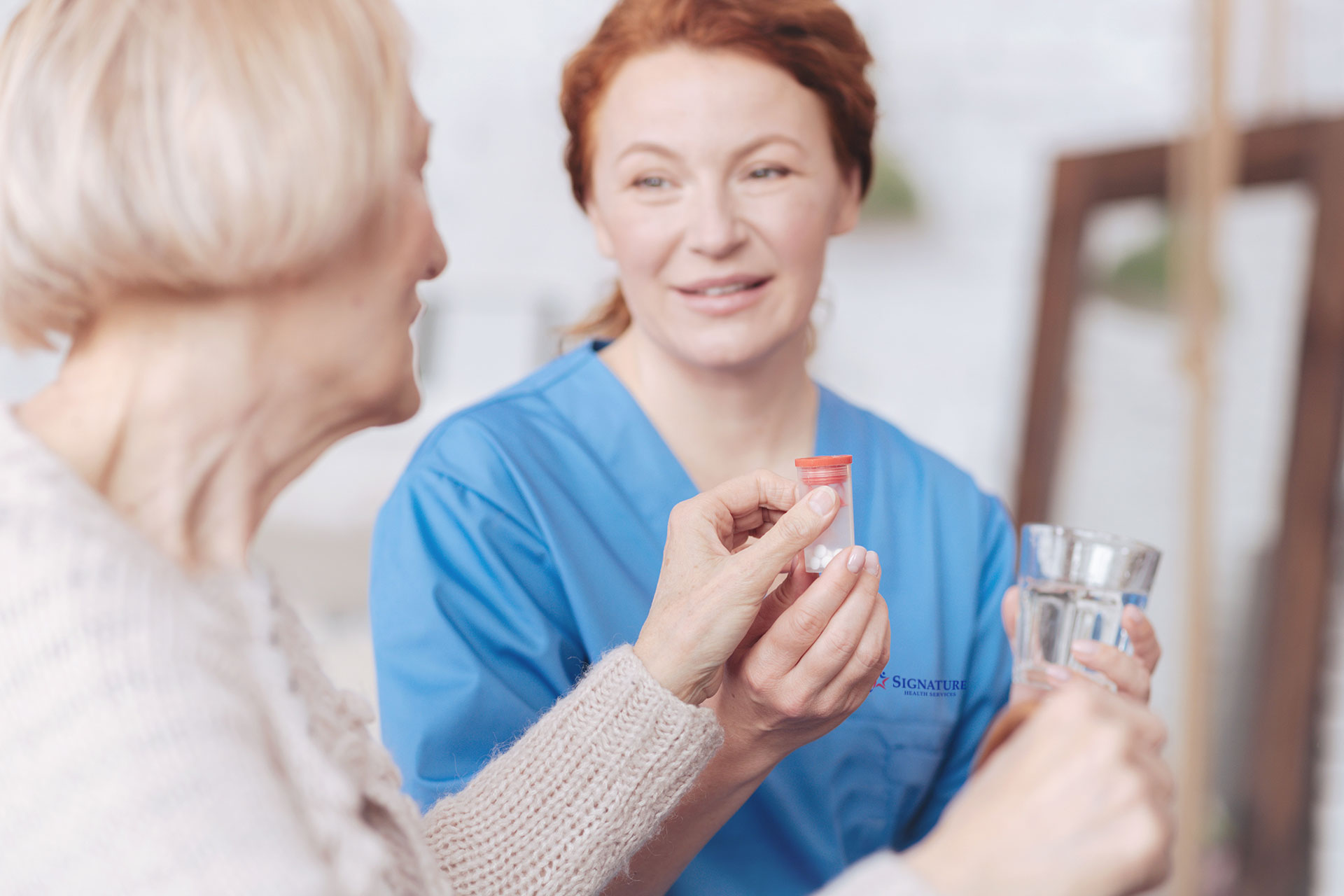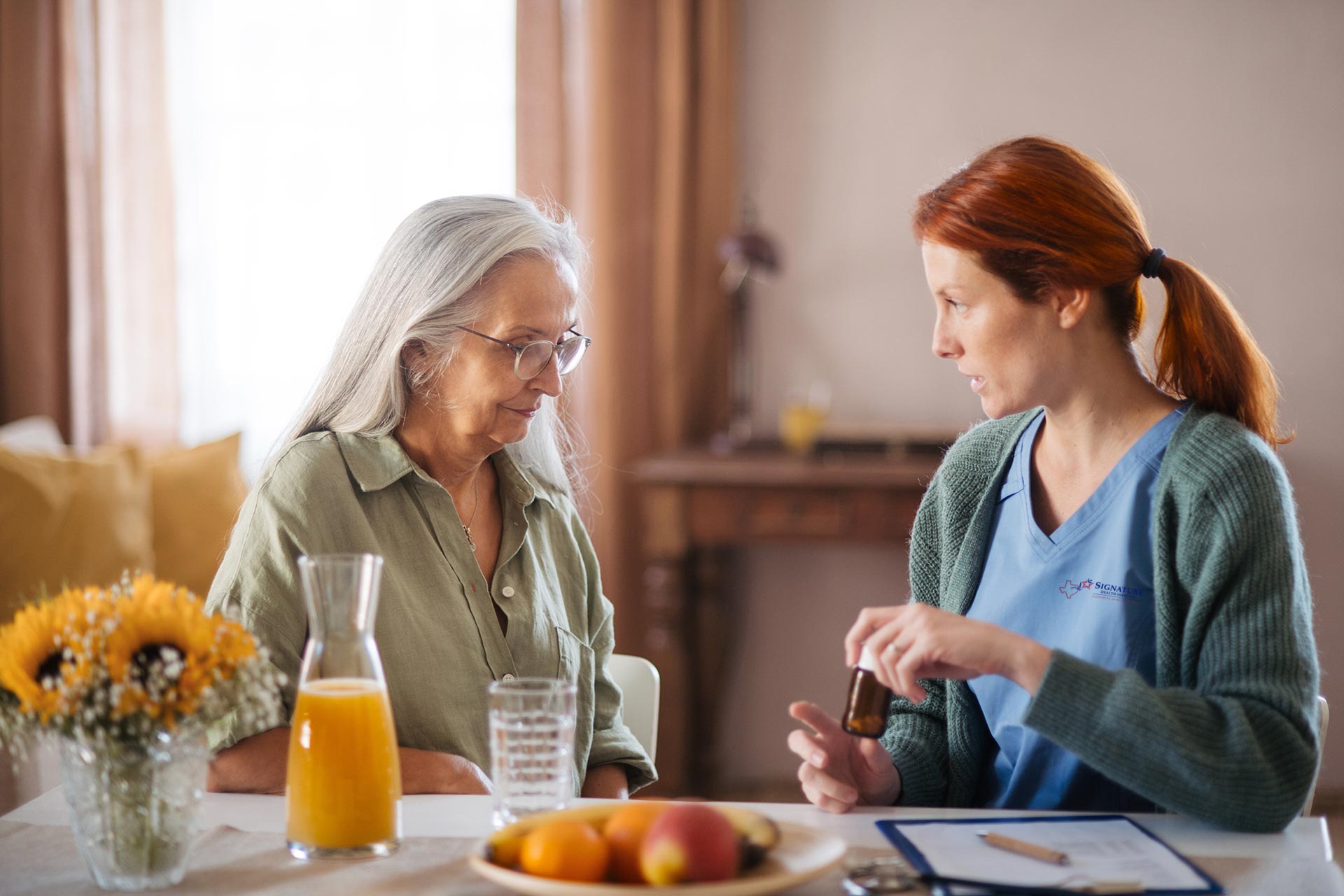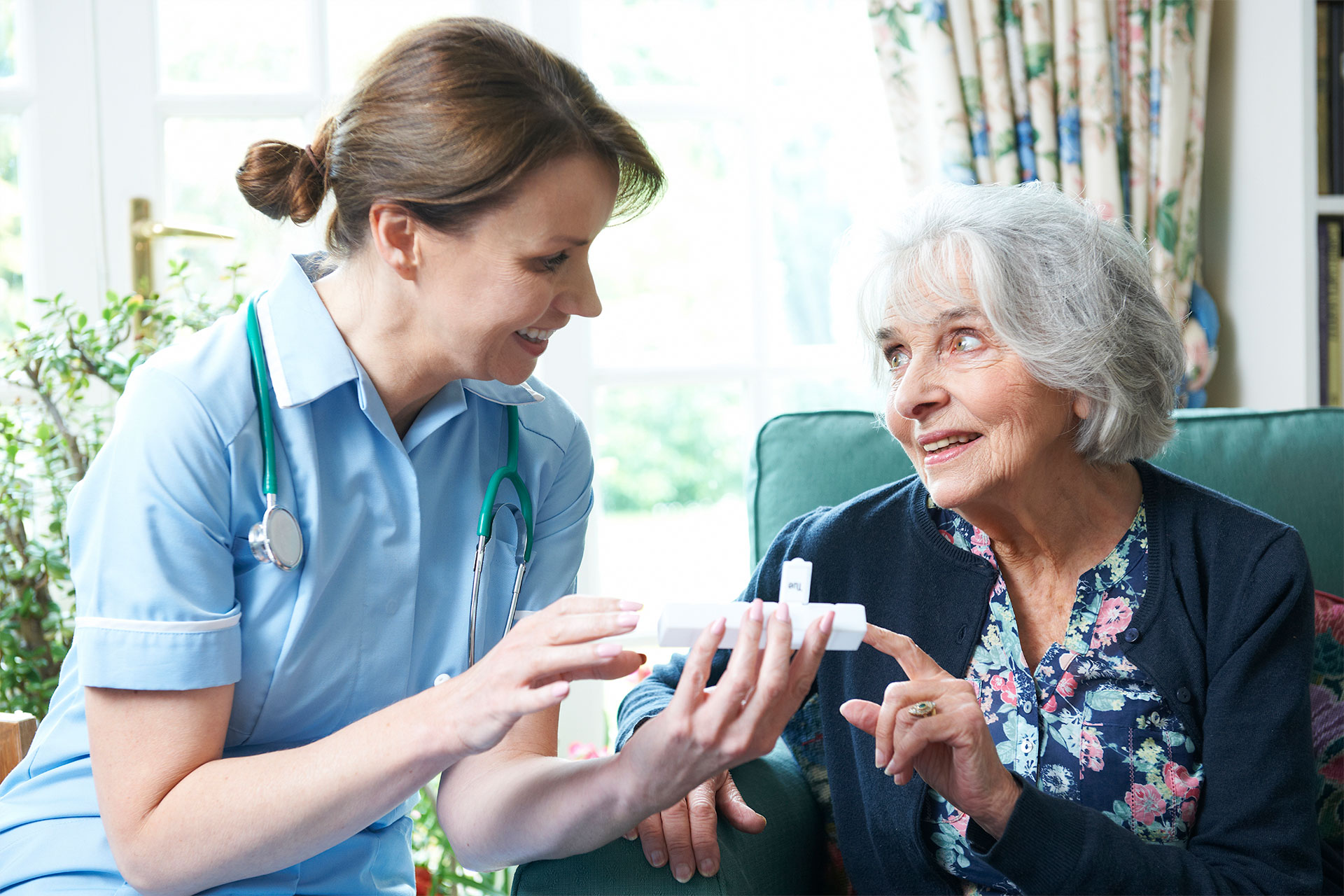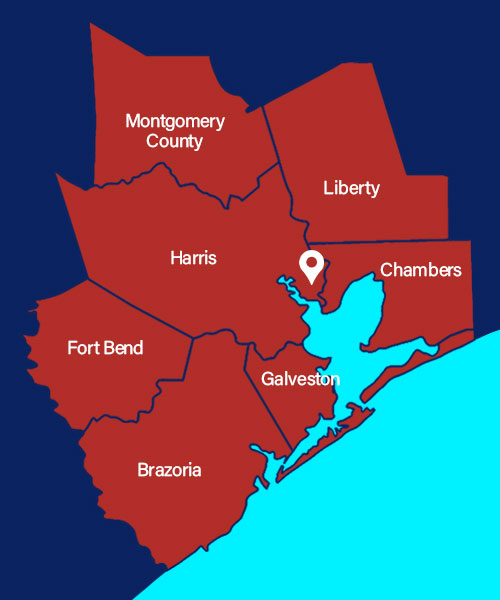Managing education at home has become a crucial part of chronic disease management, elderly care, and post-hospital recovery. With the rise in demand for in-home healthcare services, it is essential that patients and caregivers understand how to manage medications safely. One of the most effective ways to ensure this is through the support and guidance of registered nurses, professional nurses, and licensed therapists in home nursing settings.
Why Medication Education Matters in Home Care
When patients receive care at home, whether dealing with a chronic illness, recovering from surgery, or facing the challenges of aging, they often take multiple medications daily. According to the Centers for Disease Control and Prevention (CDC), nearly 80% of older adults take at least one prescription drug, and 36% take five or more medications. Without proper education, this can lead to missed doses, overdosing, or dangerous drug interactions.
Implementing a home care medication education policy helps to reduce these risks. It provides a structured framework that ensures family caregivers understand how to administer medications correctly, maintain accurate records, and monitor for potential adverse reactions.
The Role of Nurses in Medication Education
It is essential to clarify that home health nurses do not administer medications directly to patients. Instead, their primary responsibility is to educate family members and other caregivers on how to safely and effectively manage medications.
Here are the key contributions of nurses and licensed therapists:

Challenges in Managing Education at Home
Managing medications at home presents several challenges:
A structured approach to home health medication education helps mitigate these issues, providing caregivers with the confidence and tools to deliver safe and effective care.
Best Practices for Medication Education for Caregivers
Here are evidence-based strategies nurses use for medication education for caregiver training:

Building a Safe Medication Environment at Home
Establishing a routine that follows a medication education care plan is crucial. This plan is not just a checklist, but a living document that nursing professionals update as the patient’s needs change. With proper planning and training, families can build a safe home environment that minimizes risks and improves outcomes.
Professional nurses often emphasize the following:
How Signature Health Services Supports Medication Safety
We follow strict home care medication education policies aligned with federal and state regulations. Our staff of nurses and therapists are trained in medication education, safety assessments, and caregiver coaching.
Here is how they add value:

Benefits of Medication Training in Home Care
Investing in medication training for caregivers leads to measurable improvements in patient outcomes. These include:
Empowering Caregivers Through Education
Managing medications in home nursing is not about shifting responsibilities entirely to professionals but about creating partnerships between healthcare providers and caregivers. With expert support from nurses and therapists, families gain the knowledge and tools they need to manage medications confidently and keep their loved ones safe at home.
Through structured education, regular follow-up, and customized care plans, home health medication education becomes an essential component of long-term care. Whether it is understanding drug interactions or setting up a pill organizer, every small step contributes to a safer, more informed caregiving environment.
By emphasizing the importance of caregiver education, adherence to home care medication management policies, and proactive communication, we can ensure that every patient receives the correct medication at the right time, every time.
For more information on how Signature Health Services can provide you with the best in home healthcare, please call (800) 277-8291 or email information@signaturehealthservices.net.

ALWAYS ON CALL
| Monday – Sunday | 24 / 7 |
1 (800) 277-8291 (option 1)
COUNTIES SERVED
OUR VALUES
TESTIMONIALS

I love all of my home health people.

All Signature staff as well as therapy were very helpful.

Their services have always been great.

I really love my physical therapist. Gary has helped me so much.

This has been one of the best agencies. Very caring nurses.

I’ve had a really good physical therapist and really nice nurses.

I have had excellent care & would recommended them to anyone.

Gary Dixon is the very best physical therapist in Baytown and Houston Area.

